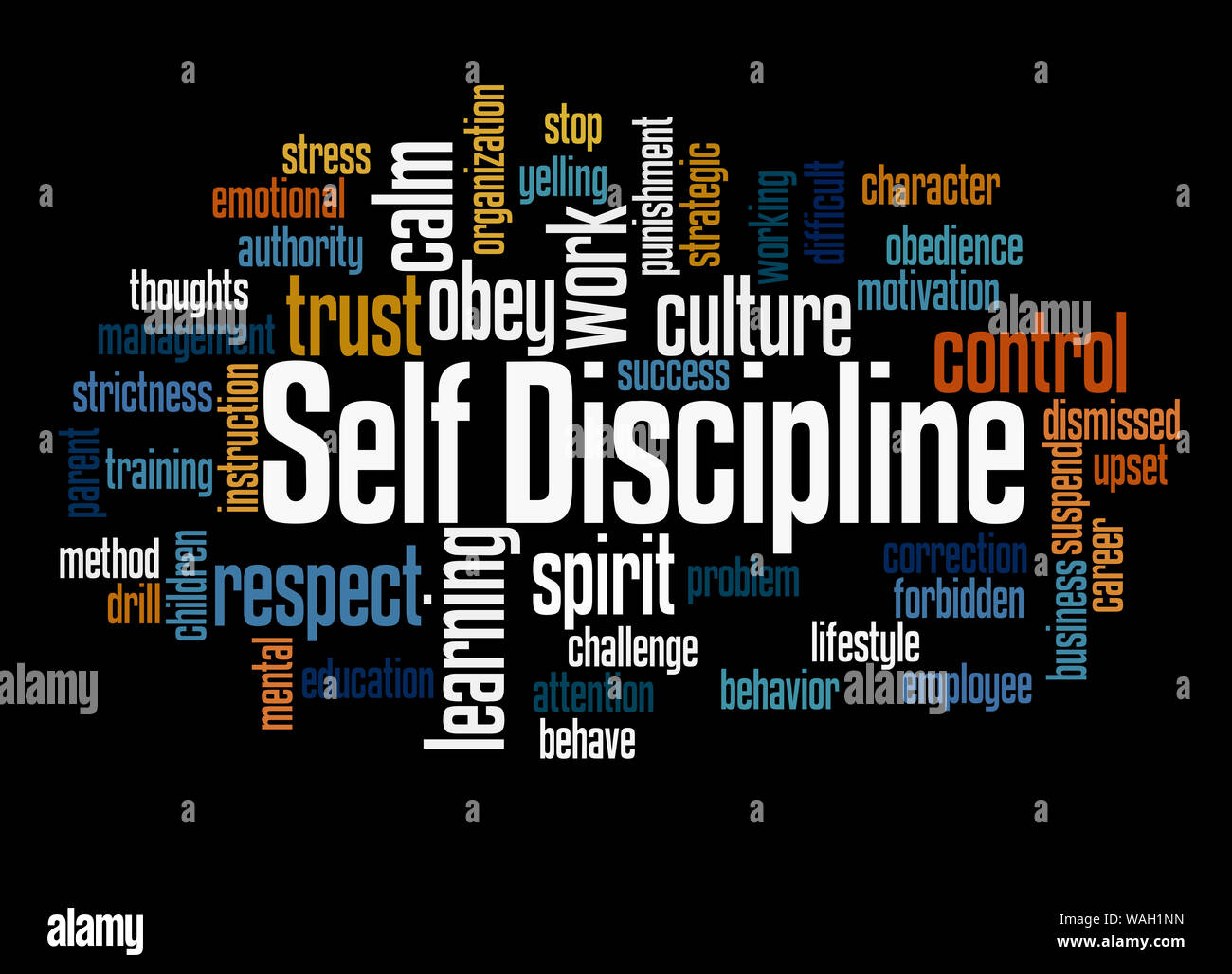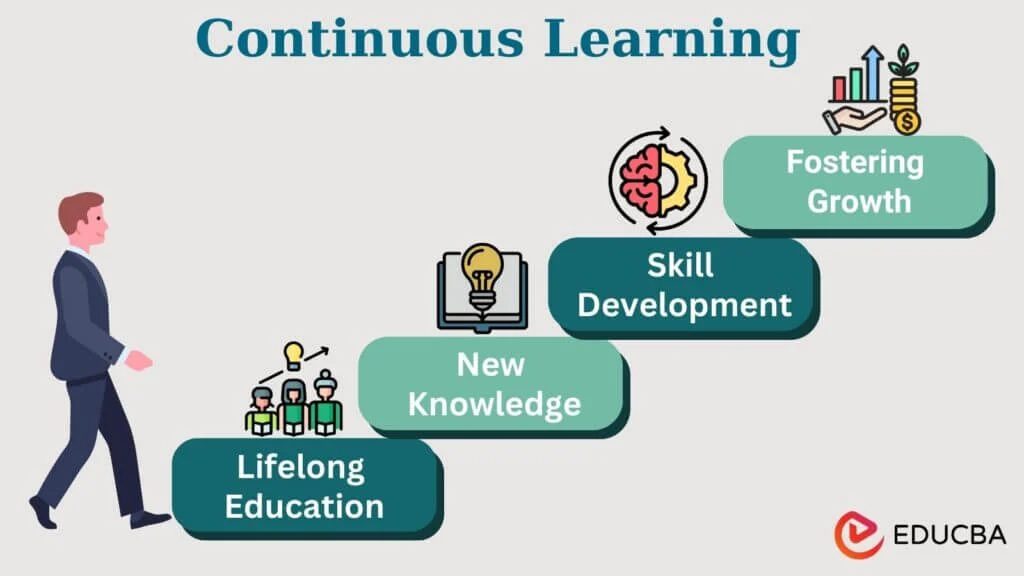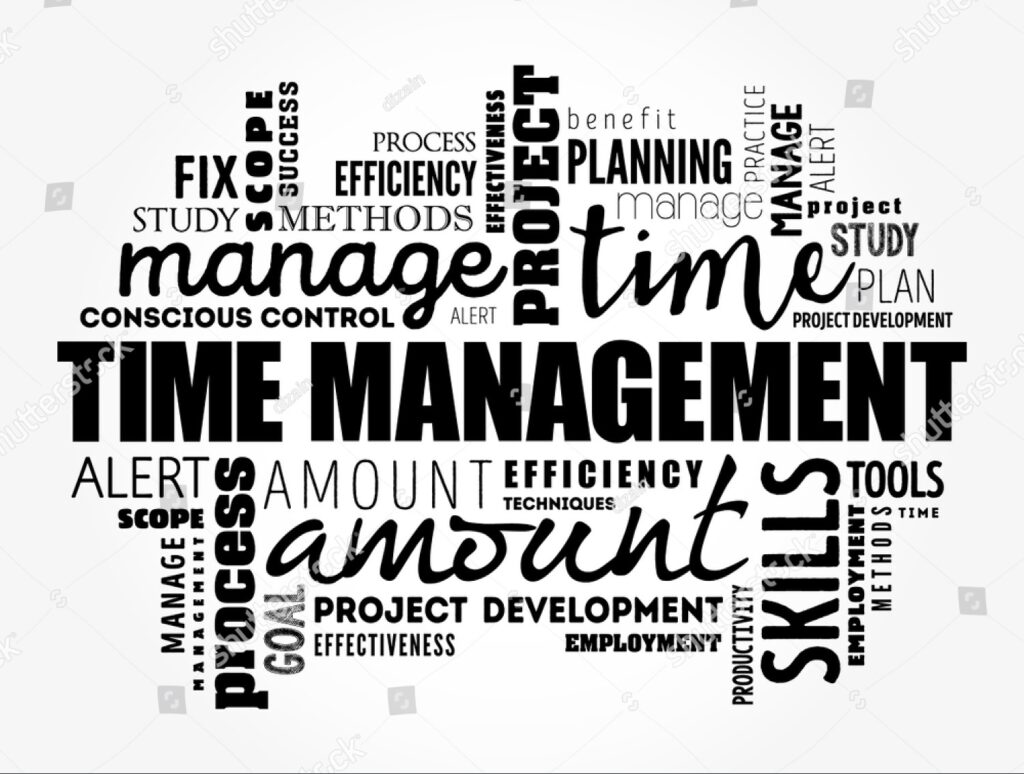
Introduction
A successful person is often seen as someone who has achieved great wealth, status, or recognition. However, true success goes far beyond external accomplishments—it’s about developing the right mindset, habits, and strategies that allow a person to consistently perform at their best, overcome obstacles, and continually grow. In this post, we’ll explore the key traits that define a successful individual, including the mindset, habits, skills, and strategies that contribute to long-term success. Whether you’re just starting your journey or looking for ways to refine your path, this guide will provide actionable insights that can help you become the successful person you aspire to be.
Vision and Goal setting
One of the key traits of a successful person is the ability to set a clear vision and actionable goals. Success is rarely a result of random chance—it’s the outcome of intentional planning, clear objectives, and focused effort. A successful person knows where they’re going and how to get there.
The Power of Vision
Successful individuals have a compelling vision of their future. This vision acts as a roadmap, guiding their decisions, actions, and energy toward their desired outcome. Whether it’s building a business, achieving personal growth, or making an impact in their community, their vision serves as the foundation for everything they do.
Setting SMART Goals
To turn a vision into reality, successful people set specific, measurable, achievable, relevant, and time-bound (SMART) goals. These goals provide clarity and a sense of purpose, making it easier to stay focused and track progress. By breaking larger ambitions into smaller, actionable steps, successful people can consistently make progress and adjust their approach as needed.
Real-Life Examples
Some of the most successful individuals in history, from entrepreneurs like Elon Musk to athletes like Michael Jordan, attribute much of their success to having a clear vision and setting well-defined goals. These figures didn’t achieve greatness by accident—they had a clear purpose and a roadmap for how to get there.

Mindset and Self-Discipline
A successful person understands that mindset is the foundation of all achievements. The way we think shapes our actions, and ultimately, our outcomes. Coupled with self-discipline, a powerful mindset can help individuals overcome challenges, maintain focus, and reach their goals despite obstacles.
The Power of a Growth Mindset
A growth mindset is one of the most powerful tools for success. People with a growth mindset believe that their abilities and intelligence can be developed through dedication and hard work. This perspective fosters a love for learning and resilience, which are essential for achieving long-term success. In contrast, a fixed mindset leads people to believe that their talents are innate and unchangeable, often causing them to avoid challenges and give up in the face of failure.
Developing Self-Discipline
Self-discipline is the ability to stay committed to tasks and goals, even when it’s difficult or uncomfortable. Successful people consistently choose actions that align with their long-term vision, rather than giving in to short-term temptations or distractions. Whether it’s sticking to a fitness routine, consistently working on a business project, or avoiding procrastination, self-discipline is a key factor in creating lasting success.
Strategies for Building a Strong Mindset and Discipline
- Practice daily affirmations to reinforce positive thinking and remind yourself of your goals.
- Break tasks into smaller, manageable steps to make them less overwhelming and easier to tackle.
- Stay accountable by setting clear expectations for yourself and others.
- Learn from failure by viewing it as an opportunity to grow rather than a setback.
- Cultivate patience—success takes time, and the ability to stay focused over the long haul is crucial.
- Set Clear, Achievable Goals: Clear goals help you stay motivated and provide a sense of direction. Break them down into smaller, actionable steps to stay on track.
- Learn from Mistakes: Embrace failure as part of the learning process. The most successful people use mistakes to grow, not to discourage themselves.
- Practice Patience and Persistence: Success doesn’t happen overnight. It requires perseverance, especially when faced with setbacks.
- Cultivate Positive Habits: Develop daily routines that support your goals. Whether it’s exercising in the morning or dedicating time to reading, small habits add up over time.

Continuous Learning and Adaptability
One of the defining characteristics of a successful person is the ability to continuously learn and adapt to changing circumstances. Success isn’t static—what worked yesterday might not work today. In a rapidly evolving world, those who are open to learning and quick to adapt are the ones who stay ahead.
The Power of Lifelong Learning
Successful people understand that education doesn’t stop after school or formal training. Lifelong learning is essential for personal and professional growth. Whether it’s through reading, taking online courses, attending workshops, or learning from mentors, a commitment to acquiring new knowledge keeps individuals relevant and sharp.
A growth mindset is crucial here as well believing that your skills can be improved through learning and effort allows you to embrace new opportunities for development. Successful people are curious, constantly seeking to improve themselves and stay informed.
Adapting to Change
In today’s fast-paced world, adaptability is one of the most valuable traits a person can have. Industries, technologies, and markets are constantly evolving, and success depends on the ability to pivot when needed. A successful person is not rigid in their approach; they remain flexible, open-minded, and willing to change course when circumstances demand it.
Adaptability also involves emotional resilience—the ability to remain calm and composed in the face of uncertainty or setbacks. This skill helps successful people maintain focus and take strategic action, even when things are not going according to plan.
Strategies for Continuous Learning and Adaptability
- Read Widely: Stay updated with the latest trends in your industry and read broadly to expand your knowledge base. Successful people often dedicate time each day to reading books, articles, and papers.
- Seek Feedback: Regularly ask for feedback from colleagues, mentors, or coaches. This allows you to learn about areas of improvement and grow professionally.
- Embrace Change: Instead of fearing change, successful people see it as an opportunity for growth. Be willing to try new approaches and take calculated risks.
- Develop Problem-Solving Skills: Adaptability goes hand-in-hand with the ability to solve problems quickly and effectively. Practice thinking critically and creatively in order to find solutions to new challenges.

Resilience and Overcoming Failure
A successful person understands that failure is not the end—it’s a steppingstone to growth and achievement. Resilience, or the ability to bounce back from setbacks, is one of the most crucial traits of high achievers. The road to success is rarely smooth, and those who persevere through difficulties often come out stronger, wiser, and more prepared for future challenges.
The Role of Failure in Success
Many of the most successful people in the world have faced significant failures before reaching their goals. Thomas Edison famously said, “I have not failed. I’ve just found 10,000 ways that won’t work.” His persistence ultimately led to the invention of the light bulb. Similarly, J.K. Rowling was rejected by multiple publishers before Harry Potter became a global phenomenon.
Failure provides an opportunity for learning and improvement. Instead of seeing setbacks as a sign to quit, successful people analyze their mistakes, adjust their strategies, and keep moving forward.
Developing Resilience
Resilience is not an innate quality—it’s a skill that can be developed through practice and mindset shifts. Here’s how successful people build resilience:
- Embrace Challenges – View difficulties as opportunities for growth rather than obstacles.
- Maintain a Positive Mindset – Focus on what can be learned from failure instead of dwelling on the negatives.
- Stay Persistent – Keep working toward goals despite setbacks. Successful people don’t give up easily.
- Build a Strong Support System – Surround yourself with mentors, friends, and family who encourage and motivate you.
- Adapt and Improve – After a failure, successful individuals reflect on what went wrong and refine their approach.

Emotional Intelligence and Leadership
A successful person is not only skilled and knowledgeable but also emotionally intelligent. Emotional intelligence (EQ) is the ability to understand, manage, and influence both your own emotions and the emotions of others. This trait is essential for strong leadership, as it enables individuals to build relationships, navigate challenges, and inspire others effectively.
The Role of Emotional Intelligence in Success
Emotional intelligence plays a crucial role in decision-making, conflict resolution, and communication. People with high EQ can remain calm under pressure, handle criticism constructively, and adapt to different social and professional situations with ease. These abilities set successful individuals apart, especially in leadership roles where collaboration and motivation are key.
Key Components of Emotional Intelligence
- Self-Awareness – Understanding your own emotions, strengths, and weaknesses allows for better decision-making and personal growth.
- Self-Regulation – Successful people manage their emotions effectively, staying composed and focused even in stressful situations.
- Motivation – A strong internal drive pushes leaders to persevere, set ambitious goals, and continuously improve.
- Empathy – Understanding others’ perspectives and emotions helps build trust and foster meaningful relationships.
- Social Skills – Strong communication, active listening, and conflict-resolution skills are essential for leadership and teamwork.
Emotional Intelligence in Leadership
Great leaders are not just strategic thinkers; they are also emotionally intelligent. They inspire and influence people through their ability to connect on a personal level. Some key leadership qualities tied to emotional intelligence include:
- Effective Communication – Leaders with high EQ express ideas clearly, listen actively, and ensure their teams feel heard.
- Adaptability – Emotionally intelligent leaders can adjust their leadership style based on the needs of their team and the situation.
- Conflict Resolution – Instead of avoiding problems, strong leaders address conflicts constructively and find solutions that benefit everyone involved.
- Inspiring Others – A successful leader motivates and empowers people to reach their full potential by fostering a positive work environment.
Time Management and Productivity
A successful person understands that time is their most valuable resource. How time is managed directly impacts productivity, efficiency, and overall success. The ability to prioritize tasks, eliminate distractions, and maintain focus is what sets high achievers apart from the rest.
The Importance of Time Management
Time management is about making the most of each day by focusing on high-impact tasks and minimizing wasted time. Successful individuals don’t just work hard; they work smart. They know how to structure their days to maximize productivity while maintaining a healthy work-life balance.
Key Time Management Strategies
- Prioritization with the Eisenhower Matrix
- Urgent & Important: Do immediately
- Important but Not Urgent: Schedule it
- Urgent but Not Important: Delegate it
- Neither Urgent nor Important: Eliminate it
- The 80/20 Rule (Pareto Principle)
- 80% of results come from 20% of efforts. Focus on the tasks that provide the highest value.
- Time Blocking and Scheduling
- Successful people plan their day in advance, setting aside specific time slots for deep work, meetings, and breaks.
- Eliminating Distractions
- Turn off notifications, create a distraction-free workspace, and use focus tools like the Pomodoro Technique (25 minutes of work, 5-minute break).
- The Two-Minute Rule
- If a task takes less than two minutes, do it immediately rather than postponing it.
Productivity Hacks of Highly Successful People
- Waking Up Early – Many successful people, including Apple CEO Tim Cook, wake up before sunrise to start their day with focus and intention.
- Batching Similar Tasks – Grouping similar activities together (e.g., answering emails at a set time) increases efficiency.
- Taking Breaks to Boost Focus – Studies show that short breaks improve concentration and productivity.

Financial Intelligence and Wealth Management
A successful person not only earns money but also knows how to manage, grow, and sustain wealth. Financial intelligence is the ability to make smart decisions about earning, saving, investing, and spending money. Long-term financial success is built on knowledge, discipline, and strategic planning.
The Importance of Financial Intelligence
Financial intelligence goes beyond just making money—it involves understanding how to manage and multiply wealth. Many high-income earners struggle financially due to poor money management, while those with strong financial literacy build lasting wealth and financial freedom.
Key Principles of Wealth Management
- Earning More vs. Spending Less
- While increasing income is important, controlling expenses and living below your means are key to long-term wealth accumulation.
- Budgeting and Expense Tracking
- Successful people create and stick to budgets, ensuring their money is allocated toward productive investments rather than unnecessary expenses.
- The Power of Investing
- Building wealth requires more than saving—it involves investing in assets that generate passive income, such as stocks, real estate, and businesses.
- Avoiding Bad Debt
- Successful individuals differentiate between good debt (investments that appreciate in value) and bad debt (high-interest consumer loans).
- Multiple Streams of Income
- Financially intelligent people don’t rely on just one source of income. They diversify through investments, side businesses, and passive income sources.
Wealth-Building Strategies Used by Successful People
- Compound Interest & Long-Term Investing – Warren Buffett attributes much of his wealth to the power of compounding.
- Real Estate & Asset Ownership – Many millionaires build wealth by investing in appreciating assets like property.
- Entrepreneurship & Business Growth – Owning businesses allows for greater financial control and scalability.

Health, Wellness, and Work-Life Balance
A successful person understands that true success isn’t just about wealth or achievements—it’s also about maintaining physical health, mental well-being, and a balanced lifestyle. Without good health and a sustainable work-life balance, long-term success becomes difficult to maintain.
The Connection Between Health and Success
Good health fuels productivity, creativity, and resilience. Many high achievers make health a priority because they recognize that a strong body and mind allow them to perform at their best. Poor health, on the other hand, can lead to burnout, stress, and decreased performance.
Key Aspects of Health and Wellness
- Physical Health
- Regular exercise, a nutritious diet, and adequate sleep are essential for maintaining high energy levels and focus.
- Successful individuals often follow structured fitness routines, whether it’s running, yoga, or strength training.
- Mental Health and Stress Management
- High achievers practice mindfulness, meditation, or journaling to manage stress and maintain mental clarity.
- Avoiding burnout by setting boundaries and taking mental breaks is crucial for long-term success.
- Work-Life Balance
- Success is not just about working harder—it’s about working smarter while making time for personal life, relationships, and relaxation.
- Many successful people schedule downtime just as they schedule work meetings, ensuring they don’t neglect their well-being.
Strategies for Maintaining Health and Balance
- Prioritize Sleep – Jeff Bezos and Arianna Huffington emphasize the importance of getting at least 7-8 hours of quality sleep for peak performance.
- Exercise Regularly – Richard Branson credits daily exercise with boosting his energy and productivity.
- Set Boundaries – Successful individuals know when to unplug from work to spend time with family and recharge.
- Take Breaks and Vacations – Stepping away from work occasionally leads to greater creativity and motivation.

Networking and Building Meaningful Relationships
A successful person understands that success is rarely achieved alone. Strong networks and meaningful relationships play a crucial role in personal and professional growth. Whether in business, career advancement, or personal development, connections with the right people open doors to new opportunities, mentorship, and collaboration.
The Power of Networking
Networking isn’t just about meeting new people—it’s about creating mutually beneficial relationships. Successful individuals know that who you know can be just as important as what you know. A strong network provides:
- Access to new opportunities, partnerships, and collaborations.
- Valuable insights, advice, and mentorship.
- Emotional support and motivation from like-minded individuals.
How to Build Meaningful Relationships
- Give Before You Take – Focus on adding value to others before expecting anything in return. Genuine generosity builds stronger relationships.
- Be Authentic – People gravitate toward those who are genuine, transparent, and trustworthy.
- Engage and Stay Connected – Follow up with new contacts, check in regularly, and nurture relationships over time.
- Attend Events and Join Communities – Successful people actively participate in industry conferences, masterminds, and online forums.
- Leverage social media – Platforms like LinkedIn, Twitter, and Instagram help build professional connections and maintain relationships.
The Role of Mentorship and Collaboration
- Mentors provide guidance, share experiences, and help navigate challenges.
- Collaboration with peers leads to innovative ideas, business growth, and mutual success.
- Mastermind Groups connect like-minded individuals who support and push each other toward their goals.

Conclusion
Success is not defined by a single trait or achievement—it is a combination of habits, mindset, skills, and strategic actions. A successful person continuously grows, adapts, and refines their approach to life and work.
By mastering vision and goal setting, cultivating a strong mindset and self-discipline, embracing continuous learning, and demonstrating resilience, anyone can set themselves on the path to success. Additionally, emotional intelligence, time management, financial intelligence, health, networking, and work-life balance all play critical roles in achieving sustainable success.
The key takeaway? Success is not accidental. It’s a deliberate effort that requires persistence, focus, and the willingness to learn from failures. By adopting these principles and applying them consistently, anyone can unlock their full potential and become a truly successful person.

